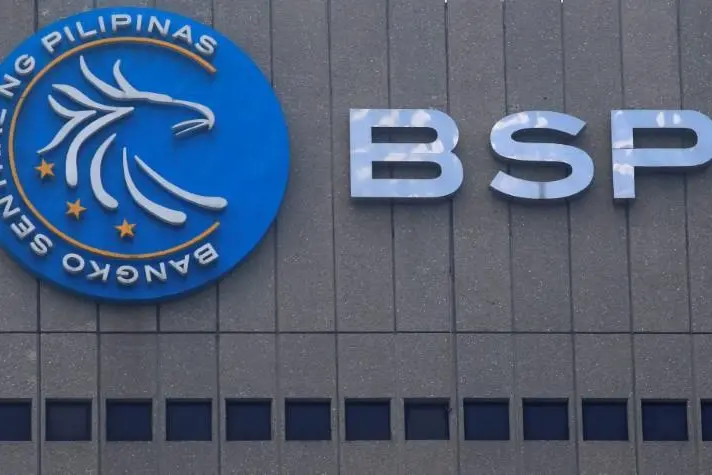PHOTO
The Bangko Sentral ng Pilipinas (BSP) is likely to keep interest rates steady today as prices may continue to remain elevated this quarter, but analysts said the central bank may have room to be less hawkish amid easing inflationary pressures.
Bank of the Philippine Islands lead economist Jun Neri said the BSP's Monetary Board will likely continue to keep the target reverse repurchase rate at 6.5 percent at this year's second policy-setting meeting scheduled today.
The Monetary Board has not touched the benchmark interest rates since its off-cycle hike of 25 basis points last Oct. 26, 2023. From May 2022 to October last year, the BSP fired off 450 basis points to tame inflation.
'No change expected in the next meeting as risks to inflation remain on the upside,' Neri said. 'BSP will avoid second round effects and de-anchoring inflation expectations.'
He said BPI's full-year inflation forecast this year is at 3.8 percent, lower than the six percent average in 2023. However, monthly headline inflation may rise to above four percent in the second quarter.
Headline inflation accelerated for the second straight month in March, rising to 3.7 percent in March from 3.4 percent in February. From January to March, inflation averaged 3.3 percent, within the government's target range of two to four percent.
Security Bank chief economist Robert Dan Roces said the BSP would likely keep rates steady amid risks to inflation. However, the March inflation rate came in slightly lower than expected, which may indicate easing inflationary pressures.
'This lower-than-expected inflation reading actually provides the BSP with some breathing room to keep interest rates steady, as the central bank aims to strike a balance between managing inflation and supporting economic growth,' he said.
He also noted that by holding the key rate at 6.5 percent, the BSP can further monitor the inflation outlook and assess the impact of previous rate hikes on the economy.
ChinaBank said the BSP may adopt a less hawkish stance compared to its previous meetings amid signs of waning pressures on some key inflation drivers, such as weakening El Niño.
'While we expect to see higher inflation readings until July, this uptrend is primarily driven by base effects. There have been encouraging signs of easing inflationary pressures - prices of key food items such as fish, vegetables, eggs and sugar have gone down in March,' the bank said.
For his part, UnionBank chief economist Ruben Carlo Asuncion said headline inflation may accelerate to four percent or higher starting in April, with a worst-case scenario of nearly five percent year-on-year.
'Our monthly estimates indicated inflation peaking at five percent in May before the deceleration begins. Year-end inflation forecasts run to less than four percent in November to December,' he said.
Security Bank's Roces said the central bank would likely remain data-dependent.
'The significant increase in rice prices and the faster rise in food and drink prices due to adverse weather both locally and from import sources, plus geopolitical developments threatening fuel and transport prices, will be closely watched, as these factors could potentially push inflation higher in the coming months,' he said.
'If inflationary pressures intensify, the BSP may be prompted to continue its hawkish stance to anchor inflation expectations and maintain price stability,' he added.
ChinaBank also said the Monetary Board would not cut borrowing costs ahead of the US Federal Reserve to avoid additional inflationary pressures resulting from a significant depreciation of the peso against the dollar.
'The Fed maintained its benchmark interest rate at the current level and its previous median projection of three 25-bps interest rate cuts this year at its March policy meeting. Markets currently expect the Fed to start lowering rates in June at the soonest,' it said.
After today, the BSP is scheduled to meet on May 16 to discuss policy.
Copyright © 2022 PhilSTAR Daily, Inc Provided by SyndiGate Media Inc. (Syndigate.info).





















